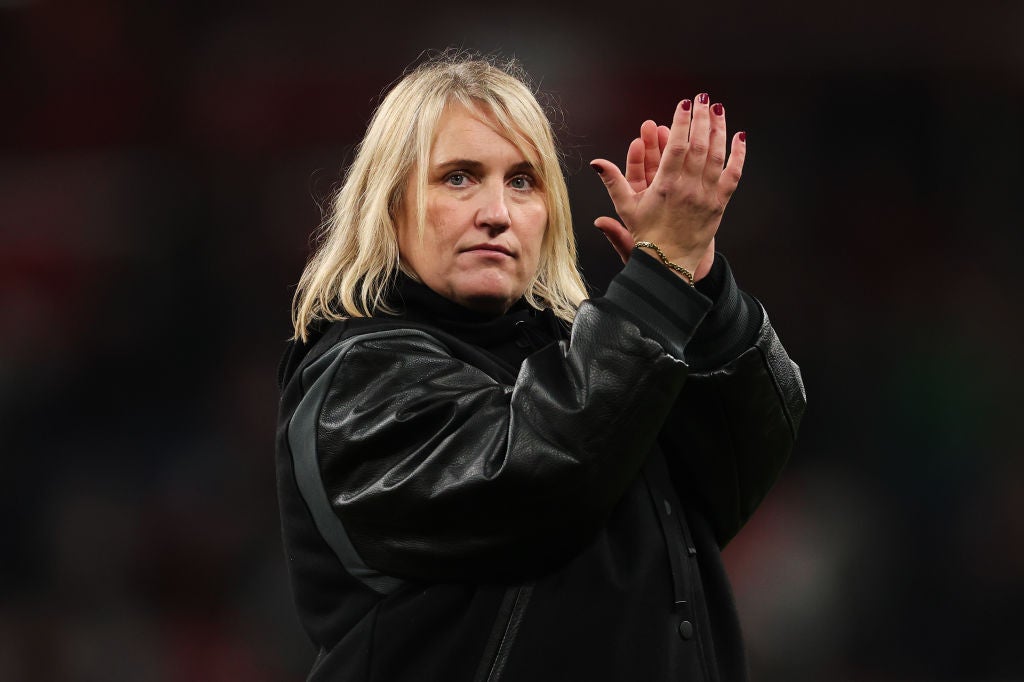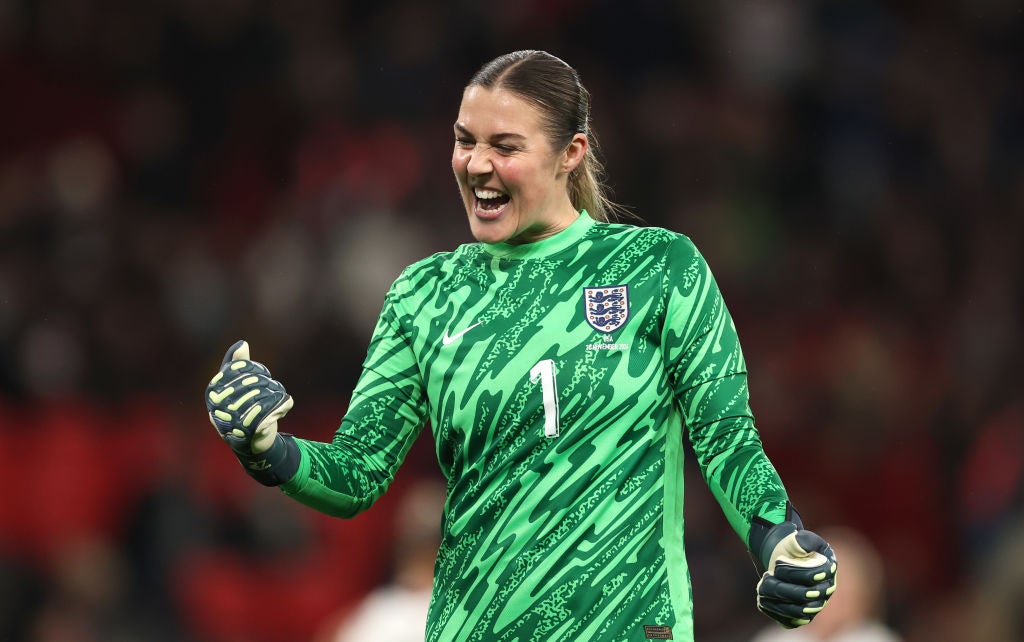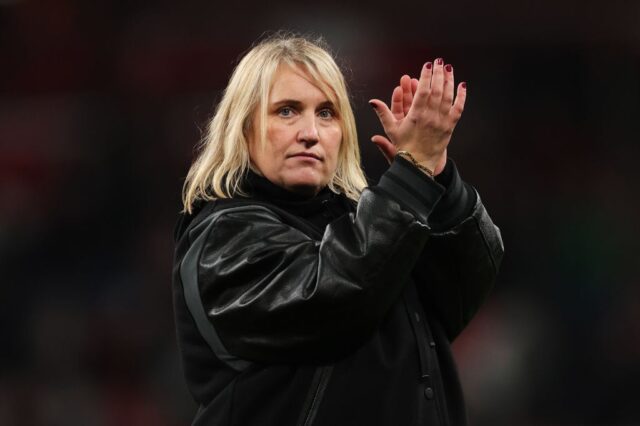Your support helps us to tell the story
From reproductive rights to climate change to Big Tech, The Independent is on the ground when the story is developing. Whether it’s investigating the financials of Elon Musk’s pro-Trump PAC or producing our latest documentary, ‘The A Word’, which shines a light on the American women fighting for reproductive rights, we know how important it is to parse out the facts from the messaging.
At such a critical moment in US history, we need reporters on the ground. Your donation allows us to keep sending journalists to speak to both sides of the story.
The Independent is trusted by Americans across the entire political spectrum. And unlike many other quality news outlets, we choose not to lock Americans out of our reporting and analysis with paywalls. We believe quality journalism should be available to everyone, paid for by those who can afford it.
Your support makes all the difference.
Another night of learning for England and Sarina Wiegman, even if the only fireworks produced from the visit of Emma Hayes and the United States were those in the pre-match light show at Wembley. A blockbuster between the European champions and Olympic champions this was not; rather a reflection that both teams missed key players in attack and were using this November friendly for tactical experimentation. Seven months out from the Euros, Mary Earps admitted England are still “figuring out” how they want to play.
But after conceding four goals in their previous outing at Wembley, Wiegman’s changes were made to ensure there would be no repeat. It offered a view of a more pragmatic, “mature” England, to the point that Wiegman may have been overly cautious and the Lionesses finished with just one shot on target. “I don’t remember a chance,” said Hayes. Earps said it had been a “tough year” for England and the Lionesses played like they did not want another defeat. There was restraint, that shut out the USA. “After the Germany result, we expected a reaction,” Hayes said.
The USA are still at a “developmental stage” under Hayes but she was pleased with what she saw on her homecoming. Her target is now more long-term, building towards the 2027 World Cup after winning Olympic gold in her first assignment in international football. The former Chelsea manager has already made her new team more dynamic and the USA were the more threatening side, even without their first-choice attack from the Olympics. The Lionesses have more immediate targets, given next summer’s Euros, but they feel further away from where they want to be.

To be fair, England also were missing the directness of Lauren Hemp and the influence of Laruen James, both sidelined along with Ella Toone. It’s a clear explanation for why England looked so short in attack, but at least there was better stability and structure in defence. Millie Bright was the casualty of England’s 4-3 defeat to Germany last month, dropped for Alex Greenwood, who brought an immediate improvement even as it turned out that Jess Carter would be partnering Leah Williamson at centre-back.
And there was further acknowledgement, too, that England’s shape off the ball couldn’t continue. The Lionesses looked more organised in a 4-4-2 system when out of possession, as Jess Park positioned herself alongside Alessia Russo and Beth Mead and Jessica Naz took up defensive responsibilities as part of their role on the wings. Wiegman’s side did not look to press high up the pitch until well into the second half, either, even if it meant the Olympic champions dominated long spells. A more fluid system came in response to how Germany were able to play through England last month. “Tactically, the team was really connected,” Wiegman said.
Park still managed to shine through. Selected ahead of Grace Clinton, who remained on the bench throughout, she provided some of England’s best moments on the half-turn, displaying the touch and balance that can make the Manchester City midfielder a real option for Wiegman ahead of next summer. This was also a good night for Earps, with the recalled goalkeeper making two strong saves in the first half to deny Alyssa Thompson and Casey Krueger, and the battle with Hannah Hampton remains fascinating.

Hayes had hoped her homecoming to a sold-out Wembley would be a celebration of women’s football, but there was distinct lack of goal-mouth action. “It was a tactical contest of the highest level,” said Hayes. The USA were in control but blunt without Sophia Smith, Mallory Swanson and Trinity Rodman; the Olympic champions had moments but were not clinical in the final third. Visiting captain Lindsay Horan turned in but was offside, and a penalty was correctly overturned when Yazmeen Ryan’s shot hit Greenwood in the chest.
Wiegman had clearly been to work on the training ground and adjusting England’s build-up from goal-kicks; a different shape sometimes allowed England to play out on Greenwood’s left foot from full-back, and there was almost one neat move when a one-two with Mead released Park. But the final pass wasn’t there, which almost sums it up: there were signs of progress here, but right now England aren’t clicking together. In the coming months, including against Spain at Wembley in February, the work will continue.






